Book Review: Beatrice and Croc Harry by Lawrence Hill
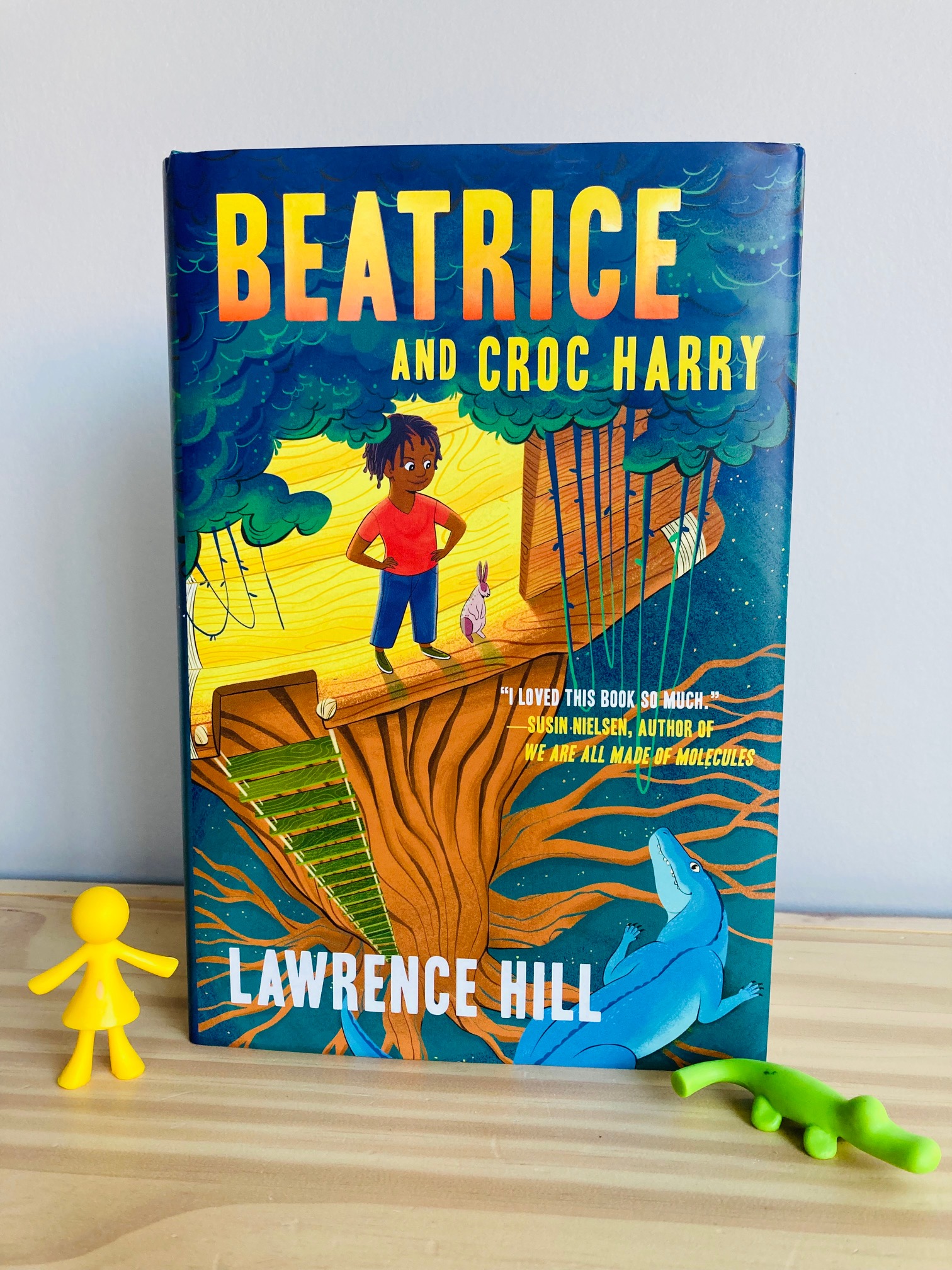
Before I get any Canlit lovers TOO excited, I should mention straight away that this is a middle grade novel meant for kids aged 9-13, Lawrence Hill has not written another adult book yet. But for those who are fans of his, perhaps reading this book may scratch that itch for a little while. I was curious about it, and I find myself looking at more middle grade fiction now that my oldest is slowly entering into this stage of her reading, so I gave Beatrice and Croc Harry a try. I appreciated the depth of the plot and the not-so-hidden messaging around the evils of racism, but the focus on independence is what I really loved, so I’ll be holding onto this book for a few years so my kids can read and enjoy it too.
Plot Summary
Beatrice wakes up in a treehouse stocked with books, oatmeal ingredients and a comfortable bed. She can’t remember who she is or why she’s there, but she’s got everything she needs to lead a fairly comfortable life while she tries to figure it out. She realizes that she can hear animals talk, and befriends a crocodile, a fuzzy blue tarantula, a lemur who acts as both a dentist and beautician, and a rabbit who can’t pronounce the sound ‘r’. As she talks to her new friends and small bits of her memory return, we learn she is around 12 years old, a black girl, it’s the year 2090, and has to find a certain number of clues to make her way out of this forest to get back home. Beatrice is intelligent, and her favourite thing to do is read the dictionary in her treehouse, which also gives her clues as to what she should be doing next, in addition to improving her vocabulary. We briefly meet a Queen rabbit whose mind has been taken over by an evil giant, forcing her to lock up and torture speckled bunnies who are not ‘pure’ like the solid-coloured rabbits. Beatrice actively tries to fight against this giant who also attempts to enter her mind when she sleeps, while simultaneously trying to save the speckled rabbits from discrimination and find her way home.
My Thoughts
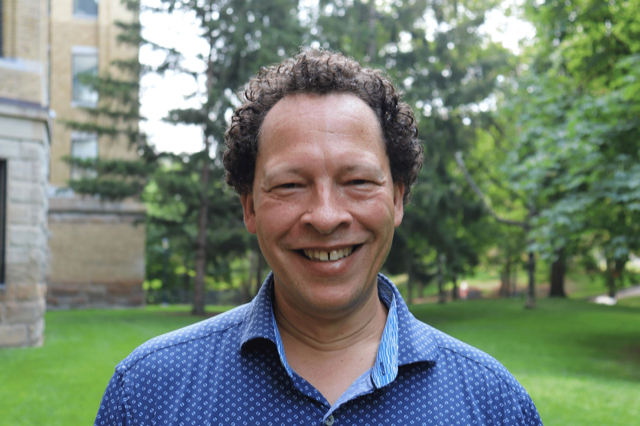
Kids who love language and word play will find much to enjoy in this book, as Beatrice is a true book worm whose only entertainment in the evenings is her bookshelf (and I can relate!). Everyone uses big elaborate words for fun, and Beatrice incorporates these into her conversations as she continues to learn them. The last 30 pages of the book includes a dictionary of both made-up and real words, with a playful note from the author warning people that the list of words may not interest everyone, but he won the argument with his editor and included it anyway.
The love of learning and access to education is a major theme; those who hate others are fueled by a jealousy of those who passed a certain intelligence test, allowing them to pursue higher education and live a better more comfortable life. When we learn of the speckled rabbits being denied an education like their solid-coloured counterparts, this racism of the forest is also reflected in the ‘real’ world that Beatrice is trying to find her way back to, where black people like her are a target for those denied a way to improve their own lives. The future that is depicted in this book is not encouraging – racism is still a problem, and the wealth gap has increased so widely that it appears as though a civil war has broken out.
The importance of representation in fiction can never be understated, and it’s just as important for my kids to read first person narrations through all different cultures and backgrounds as it is for myself, and my fellow adults. Beatrice gets along fairly well on her own in the forest, but her hair begins to give her trouble as it gets knotted, and she’s forced to ask for help. Croc Harry is baffled by her hair’s need for special attention, but this was a nice reminder to myself (and would likely be a learning moment for kids) that black hair needs proper care, and dismissing this need is a form of discrimination in itself. Of course Beatrice doesn’t communicate it this way, but her hurt feelings are a sign to any kind of reader that respecting our differences is an important skill that everyone should cultivate.
Some may be reading this review thinking this book is tackles too many complicated subjects for kids, but I don’t believe we are giving our youth enough credit. This certainly isn’t for early readers, but for kids in grades 4 to 8, these difficult parts of life are ones they are familiar with, and would likely welcome a more open discussion that’s prompted by a book like this.

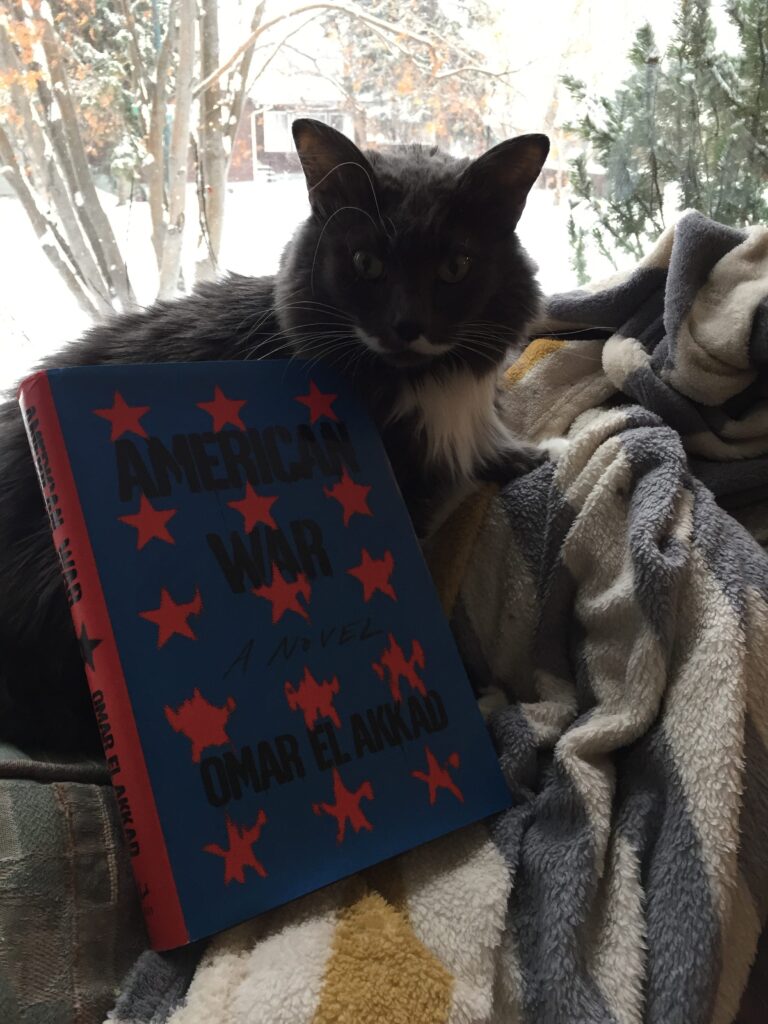
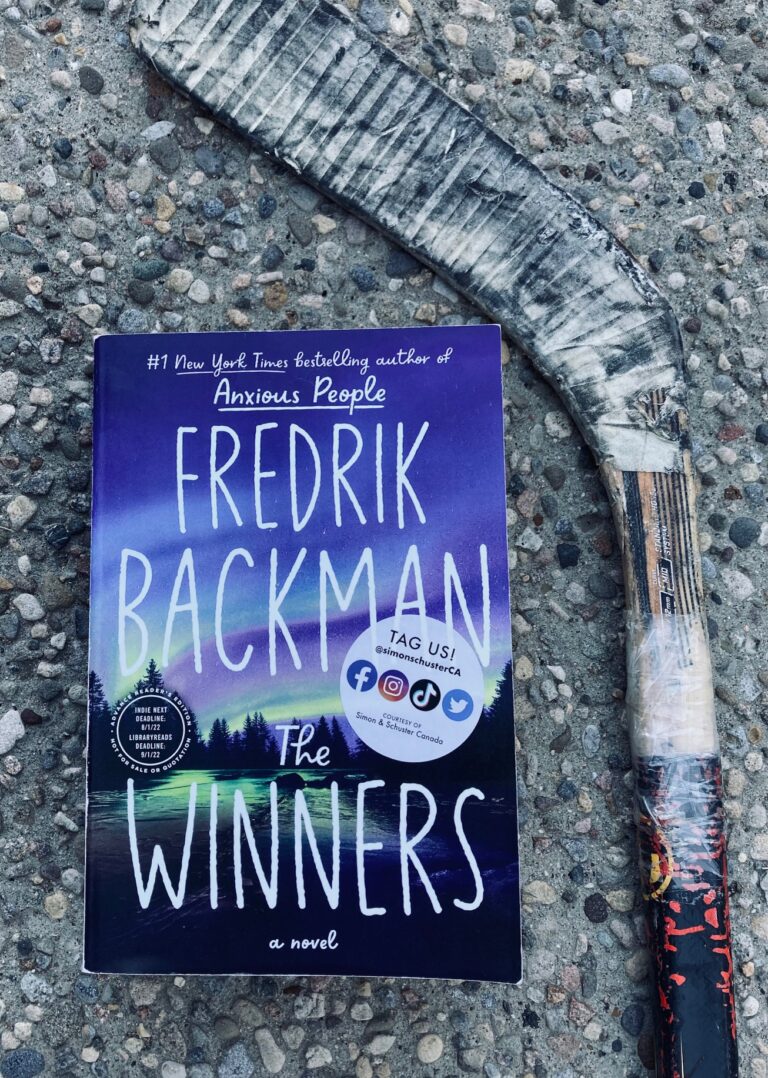
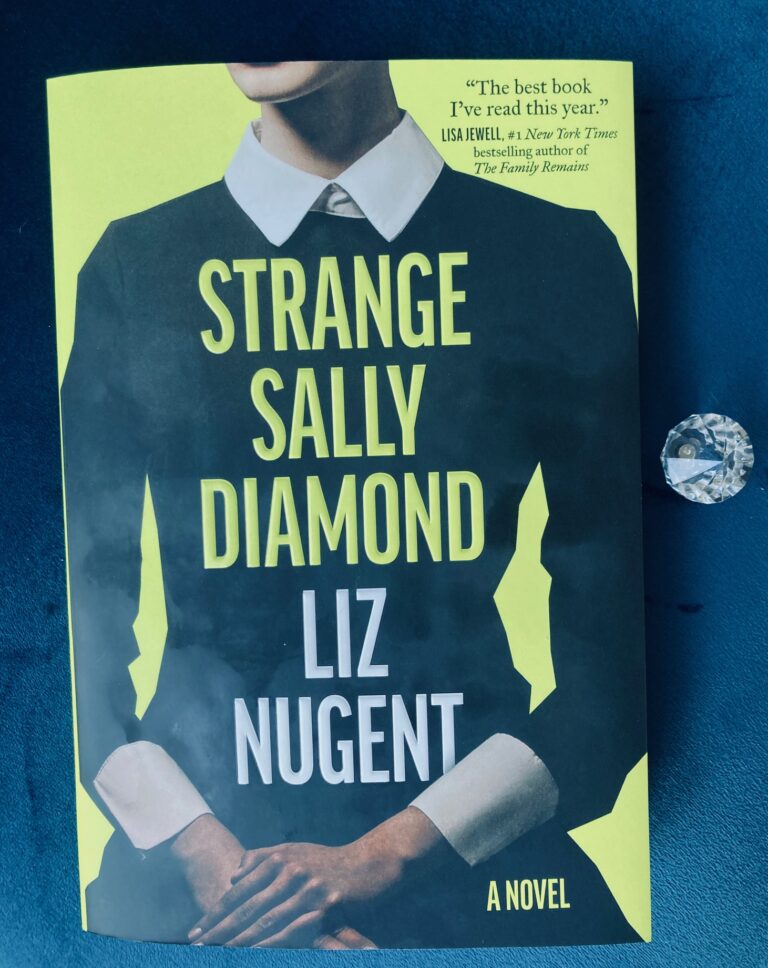

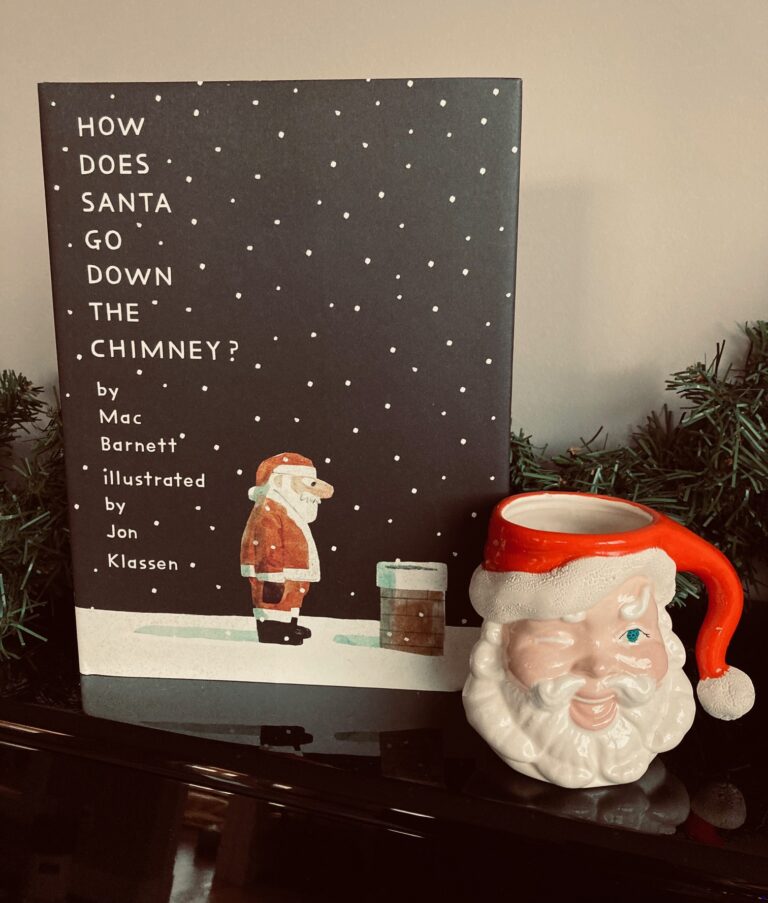
To be honest, what I was thinking was that kids seem to spend all their time being giving messages and lessons these days, and I wondered if they are ever just allowed to read something that’s fun? It’s not just this book that makes me ask that – every kids’ book anyone reviews seems to be telling kids that the world is a horrible place and they should feel guilty for their “privilege”…
I see what you mean FF, and I actually agree in some cases. I don’t think I read widely enough in that age range to come to a decision on that though, but maybe I’ll find out in a few years as both my kids age into it…
I’m glad to hear a little more about this one as I’ve seen it around but don’t have anyone in my life who is quite at this stage of reading.
It will definitely be a few years until my kids are ready for it, but I’m excited to be reading this age range, it’s all so new for me!